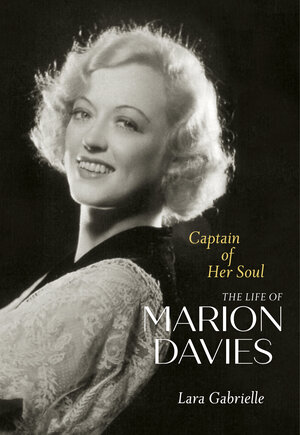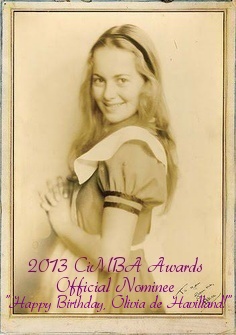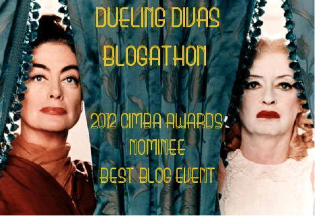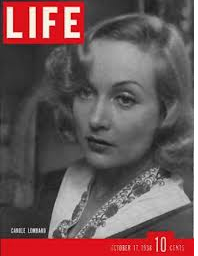
The other day as I was eating breakfast, I began to think (as normal people do) about wartime food rationing. Today, few people blink an eye when eating an omelette or a cookie, which consist almost entirely of foods rationed during wartime, but when the United States entered World War II and began limiting the availability of many goods, the content of meals was an everyday concern.
Rationing, enacted by the United States government in response to the increased military needs of wartime, was not an easy sell to the American public. In order to convince the public to accept rationing, and other wartime necessities in the eyes of the government, the administration of Franklin D. Roosevelt had to get creative. The Office of War Information was tasked with making the American people believe that the government was doing what was best for them and for the world. To achieve that goal, they turned to Hollywood.
From the beginning of the U.S. involvement in World War II, the Office of War Information had played an integral role in maintaining American support for the war effort. Formed by executive order in June of 1942, it partnered with Hollywood almost immediately as an image liaison to the general public. As OWI director Elmer Davis said: “The easiest way to inject a propaganda idea into people’s minds is to let it go through the medium of an entertainment picture when they do not realize they are being propagandized.” Roosevelt agreed–the medium of motion pictures were a powerful tool, he felt, and the restrictions on the film industry were much lighter than other industries, allowing for maximum utility. He instructed the OWI to implement a Bureau of Motion Pictures, which would serve as a New Deal stronghold and would influence the content of nearly all of Hollywood’s output during the time of its existence. The Manual for the Motion Picture Industry, released by the BMP in June of 1942, underscored that World War II was to be seen as the common man’s war, that the Four Freedoms (freedom of speech and religion and freedom from want and fear) were at stake for the whole world, and this was to be shown in the films screened in American theaters. Soon, the Manual for the Motion Picture Industry became the go-to book for employees working in wartime Hollywood.
From banning re-releases of Gunga Din and Kim due to the government’s anti-imperial stance, to forbidding the international release of The Palm Beach Story (Americans would be viewed as too silly, they said), the OWI’s influence on the industry was far-reaching. By the end of 1942, nearly all major studios were allowing the OWI to examine their scripts and story treatments, toward the end goal of “Will This Picture Help Win the War?” Short films began to appear touting the war effort, often featuring major stars. Here is a Warner Bros short film featuring Bette Davis encouraging Americans to buy war bonds instead of Christmas presents.
Chuck Jones and the Leon Schlesinger Unit at Warner Bros produced “The Point Rationing of Foods” for the Office of War Information, to sell the concept of rationing to the American people. The United States had begun rationing almost immediately following the attack on Pearl Harbor. The change was introduced gradually, with the government rationing one item at a time, but by the end of 1943, most everyday items were rationed.
In order to prevent hoarding and people selling goods on the black market for a higher price, the government instituted price ceilings for rationed items, as seen in “Prices Unlimited.” Here, we also see how ration boards worked, and the government’s idea of what would have happened if rationing were not implemented.
After Republicans made major gains in Congress in the 1942 congressional election, the House of Representatives voted to defund the entire Domestic Branch of the OWI for 1944, seeing it as just a mouthpiece for Roosevelt’s policies. Funding was ultimately restored, but with severe restrictions, and the office was officially closed with the end of the war in 1945. With the rise of the Red Scare coinciding with the end of the war, many of those involved with the BMP and the OWI in Hollywood were targeted for being communists, and several employees admitted to having belonged to communist front organizations. Elmer Davis, who became a journalist after the war, was vocal in his defense of his colleagues in the wake of invasive investigations by Senator Joseph McCarthy and HUAC. In his book, But We Were Born Free, he blasts McCarthy and the HUAC hearings as “a master class of obscene innuendo.”
In signing the Executive Order ending the OWI, President Harry S. Truman credited the OWI with an “outstanding contribution to victory,” and while its underlying morals of propaganda are controversial today, the OWI’s work is considered to be an important part of American mobilization on the home front.































_03.jpg)

